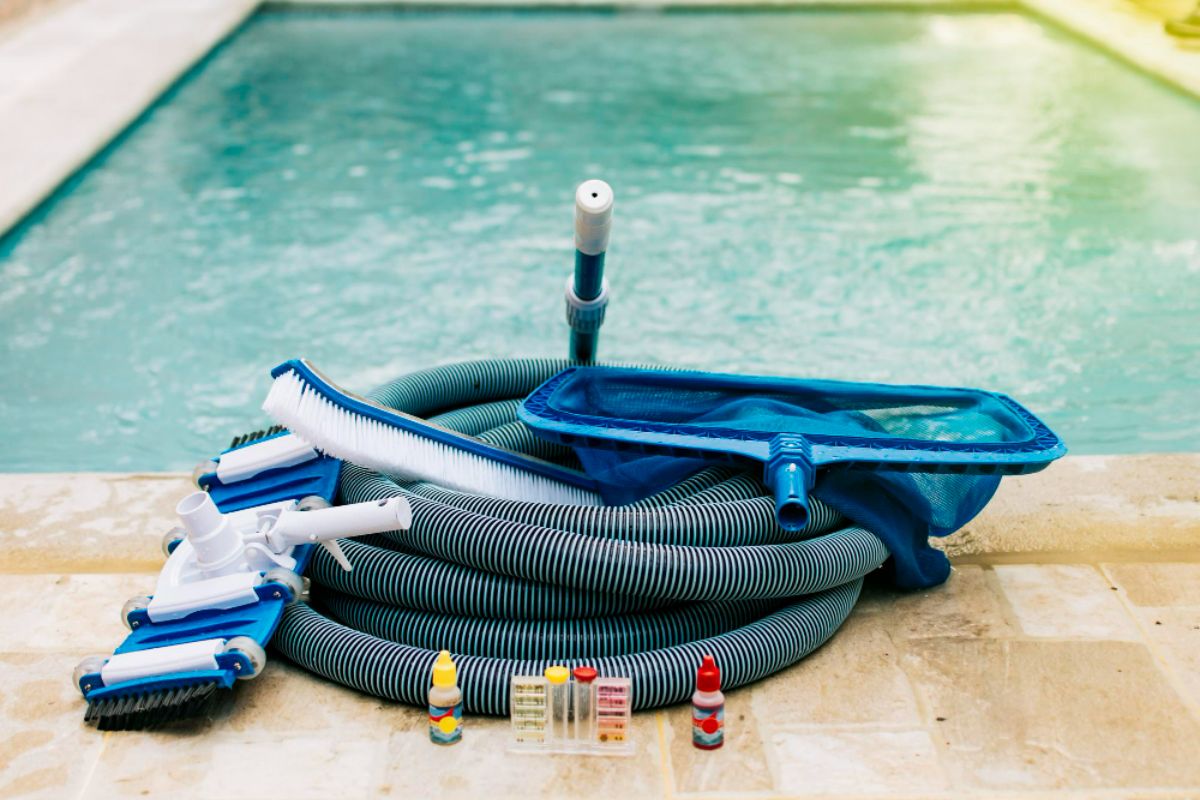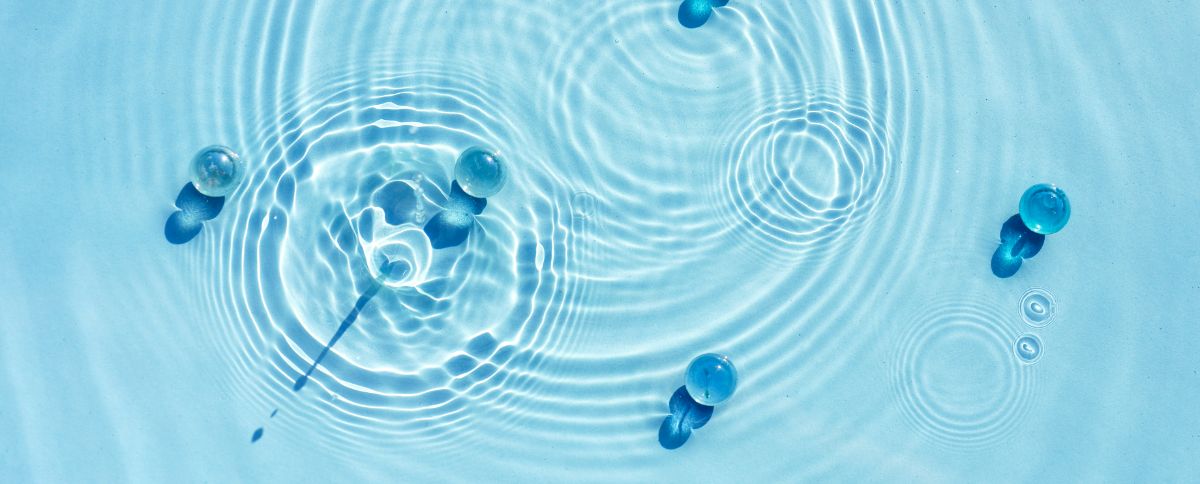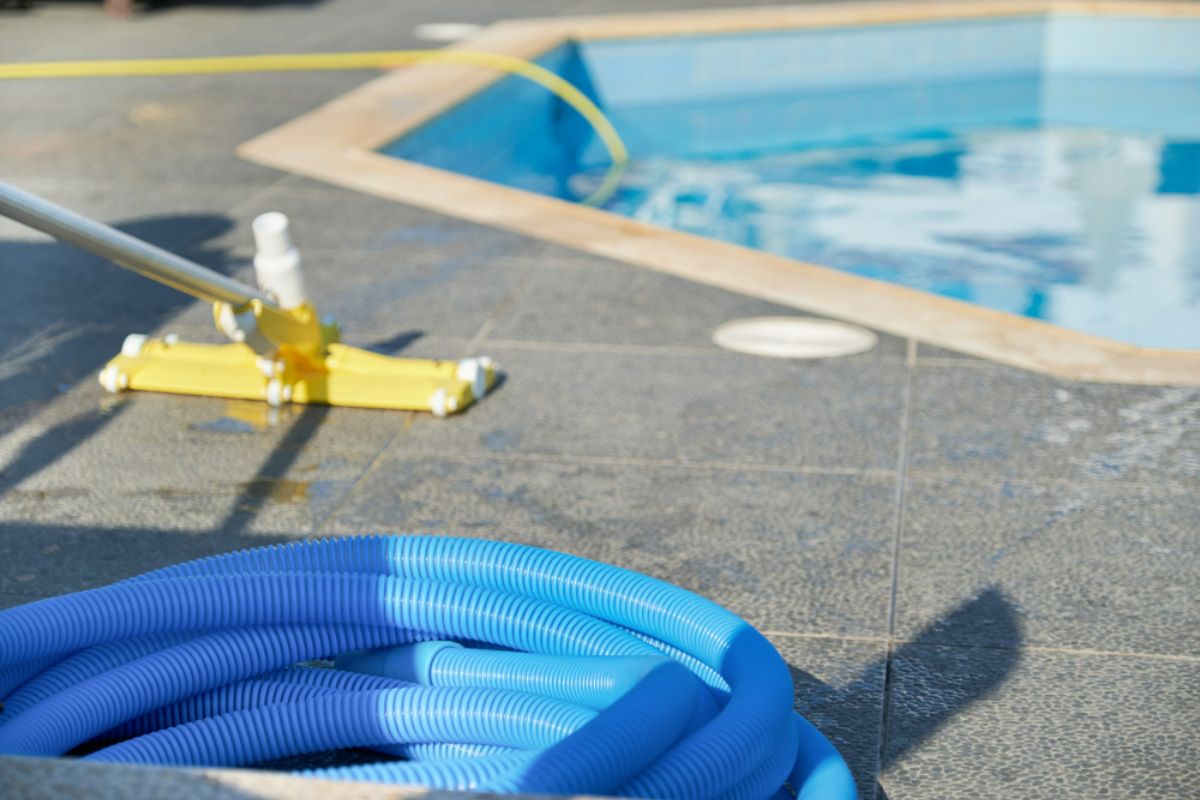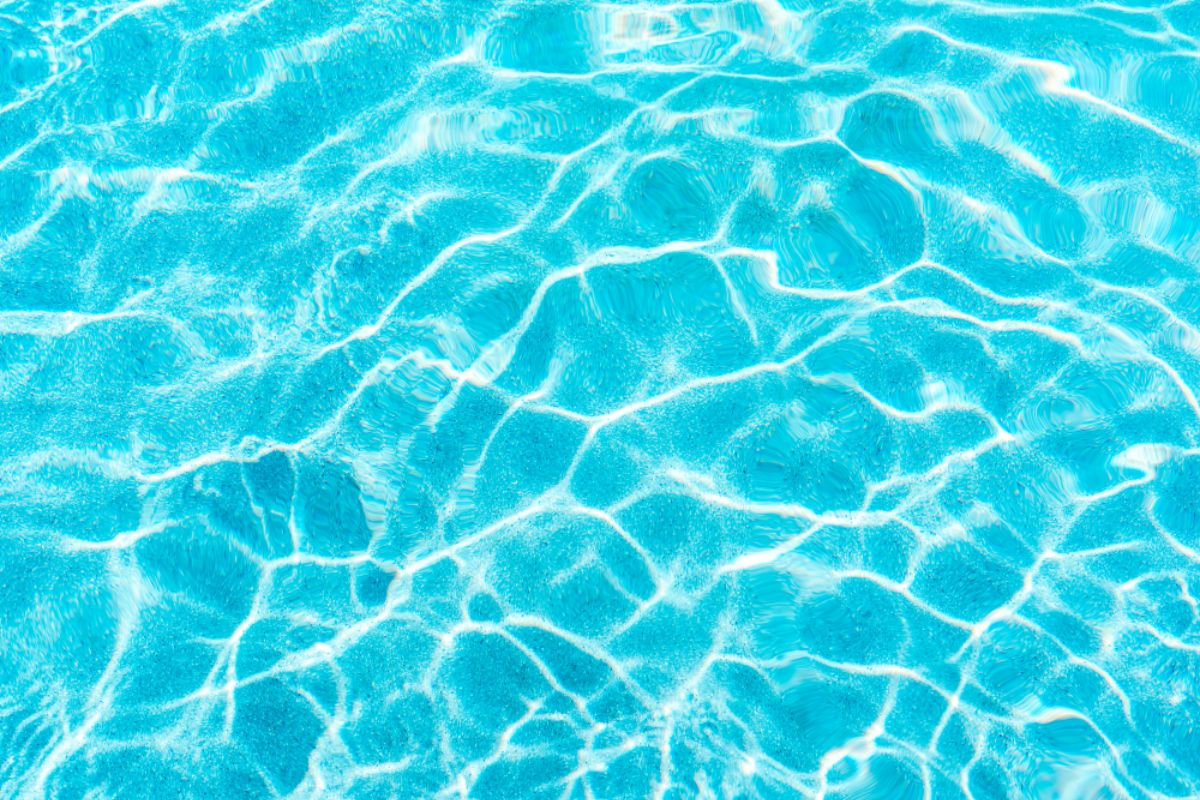What are some common myths about swimming pool chemicals?
- More chlorine means cleaner and safer swimming pool water.
- The chlorine scent means that the pool is clean.
- Swimming pool chemicals can change hair color.
- You have 0% chance of getting sick if the pool water is disinfected.
- Swimming pool chemicals can burn your eyes when you open them underwater.
Swimming pool chemicals are essential for maintaining a clean and safe swimming environment. However, misconceptions and myths surrounding these chemicals often lead to confusion and unnecessary concerns among pool owners.
In this article, we will debunk common myths about swimming pool chemicals and provide you with the facts you need to make informed decisions. Whether you’ve heard tales of chemical-induced skin reactions or doubts about the effectiveness of pool chemicals, we’re here to set the record straight. Get ready to dive into the truth and discover the real facts behind swimming pool chemicals, ensuring a worry-free and enjoyable pool experience.
More Chlorine Means Cleaner and Safer Swimming Pool Water
Everything that is too much is bad, even with swimming pool chemicals. One of the most prevalent myths about swimming pool chemicals is the belief that adding more chlorine to the water automatically results in cleaner and safer swimming conditions. While chlorine is indeed an effective sanitizer, the notion that higher chlorine levels equate to better water quality is misguided.
In reality, maintaining the appropriate chlorine levels is crucial for ensuring a safe swimming environment. Too little chlorine can lead to insufficient sanitization, allowing harmful bacteria and algae to thrive. On the other hand, excessive chlorine can cause skin and eye irritation and create an unpleasant odor.
Finding the right balance of chlorine is key. Regular testing and monitoring of chlorine levels, along with proper water circulation and filtration, are essential for maintaining clean and safe swimming pool water. Remember, it’s about achieving optimal chlorine levels, not drowning the pool in excessive amounts.
The Chlorine Scent Means that the Pool is Clean
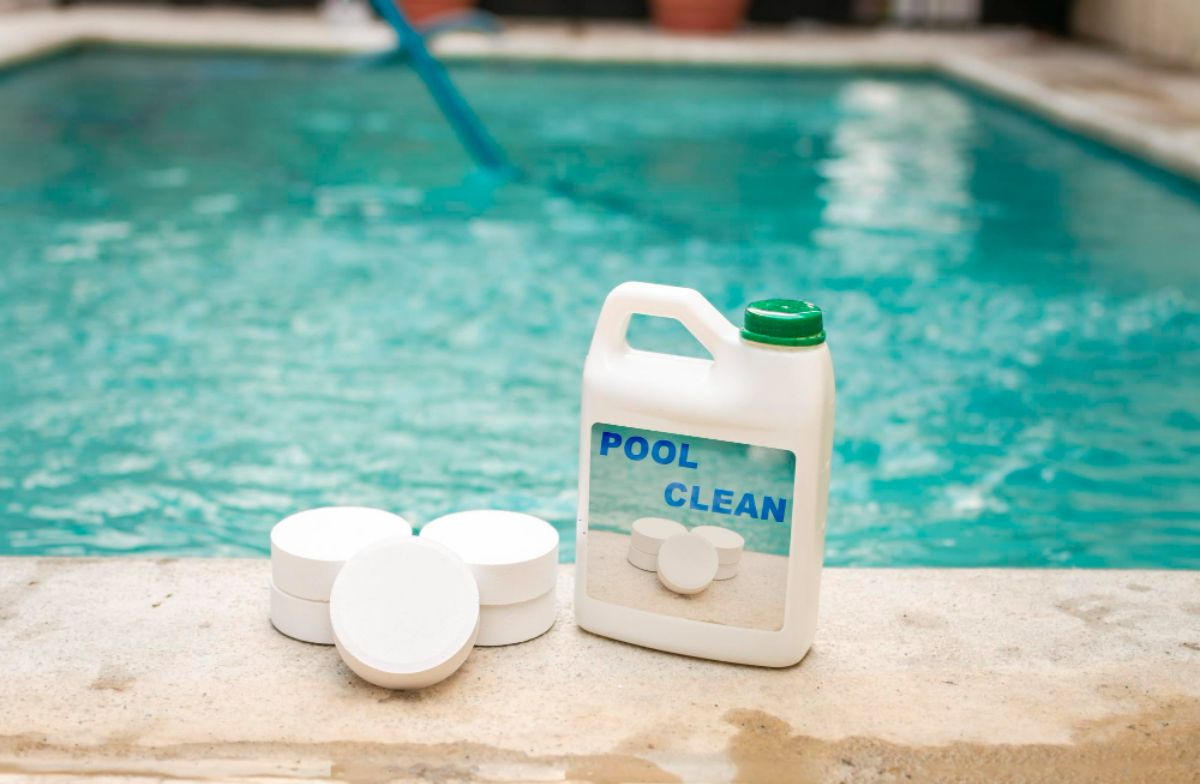
Another common misconception regarding swimming pool chemicals is the belief that the strong smell of chlorine indicates a clean and well-maintained pool. Contrary to popular belief, the distinct chlorine scent does not necessarily correlate with cleanliness.
The smell commonly associated with chlorine in pools is actually the result of chloramines, which are formed when chlorine combines with contaminants like sweat, urine, and body oils brought into the water by swimmers. These chloramines can cause eye and skin irritation and are an indicator that the pool may require proper maintenance.
A well-maintained pool with the right balance of chlorine will have a minimal odor. Regular monitoring of chlorine levels, proper disinfection, and adequate filtration are vital to ensure a clean and safe swimming environment. Don’t rely on the chlorine scent alone as an indicator of pool cleanliness; instead, focus on maintaining the appropriate chemical balance through regular testing and maintenance routines.
Swimming Pool Chlorine Can Change Hair Color
One prevailing myth about swimming pool chemicals is the notion that they can cause a change in hair color. While it’s true that some swimmers may experience a slight discoloration or tinting of their hair after prolonged exposure to pool water, it is not the result of the chemicals themselves.
The real culprit behind hair discoloration in pools is copper, not chlorine or other chemicals. Copper can be introduced to the pool water through various sources, such as copper-based algaecides or old plumbing systems. When present in high concentrations, copper can interact with the proteins in hair, leading to a greenish hue.
To protect your hair from discoloration, consider wearing a swim cap or rinsing your hair thoroughly with clean water after swimming. Additionally, maintaining proper water chemistry and regularly monitoring copper levels in the pool can help prevent any potential hair color changes.
Remember, it’s not the swimming pool chemicals that are to blame for hair discoloration, but rather the presence of copper in the water. By taking appropriate measures to manage copper levels and practicing good hair care routines, you can enjoy a refreshing swim without worrying about unwanted changes to your hair color.
You Have 0% Chance of Getting Sick If the Pool Water is Disinfected
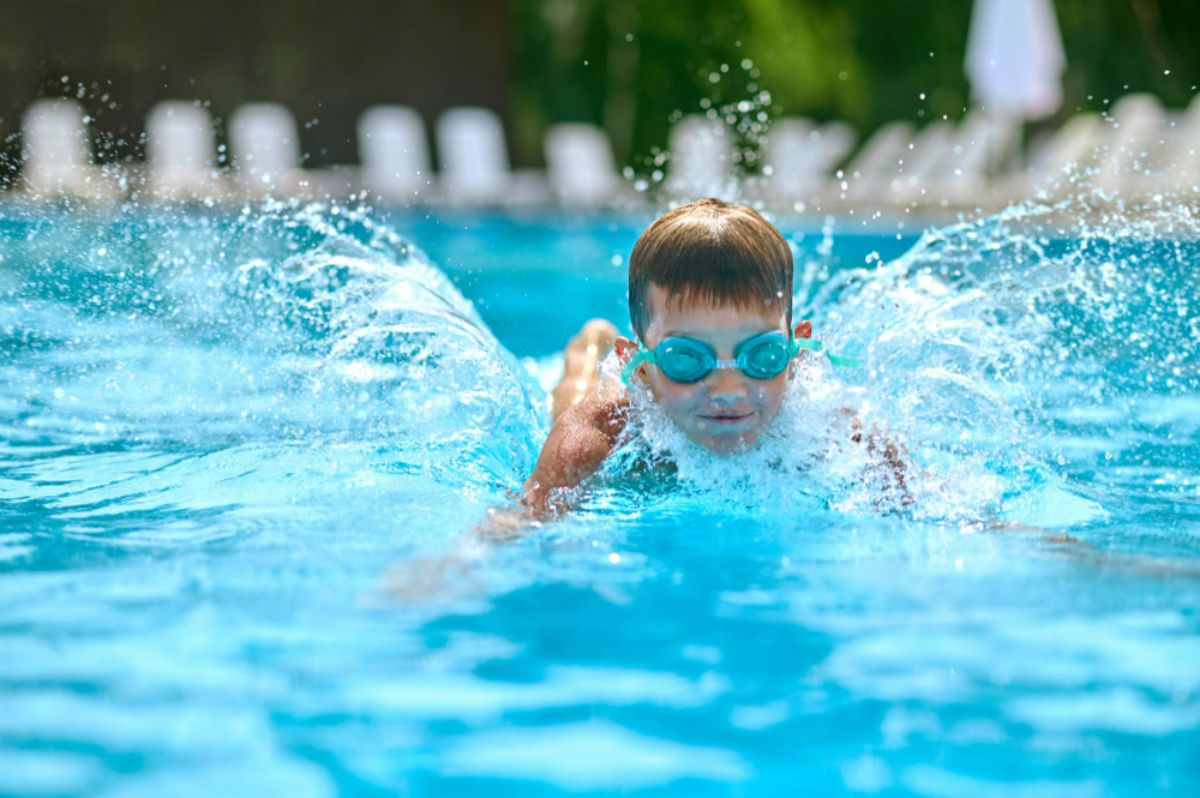
While proper disinfection is crucial for maintaining water hygiene, it does not eliminate all risks of illness.
Swimming pool disinfectants, such as chlorine or bromine, are effective at killing most bacteria, viruses, and other pathogens in the water. However, they do not provide absolute protection against all potential contaminants.
Certain pathogens, like Cryptosporidium and Giardia, can survive in properly disinfected pool water. These microscopic parasites are resistant to chlorine and can cause gastrointestinal illnesses. Additionally, disinfection does not eliminate the risk of infections from other sources, such as contaminated pool surfaces, equipment, or improper hygiene practices of swimmers.
To minimize the risk of illness, it’s important to follow good hygiene practices, such as showering before entering the pool, avoiding swallowing pool water, and practicing regular maintenance and cleaning of the pool and its surroundings.
Understanding that proper disinfection significantly reduces the risk of waterborne illnesses, but does not provide absolute immunity, empowers swimmers to take additional precautions to safeguard their health and well-being while enjoying the pool.
Swimming Pool Chemicals Can Burn Your Eyes when You Open Them Underwater
While it’s true that pool water may cause temporary eye irritation, the misconception lies in attributing this solely to the chemicals.
Eye irritation in pools is primarily caused by improper water balance and inadequate pH levels rather than the chemicals themselves. When pool water is not properly balanced, it can become too acidic or alkaline, leading to eye discomfort and irritation.
Swimming pool chemicals, such as chlorine, are necessary for maintaining water sanitation and preventing the growth of harmful bacteria and algae. When used in recommended concentrations, these chemicals are unlikely to cause eye burns.
To ensure a comfortable swimming experience, it is important to maintain proper water balance, including pH levels, and regularly test and adjust the chemical levels in the pool. Wearing goggles while swimming can also provide an additional layer of protection for your eyes.
Key Takeaway
Debunking myths about swimming pool chemicals are essential for promoting accurate knowledge and dispelling unnecessary concerns. Understanding the facts behind these misconceptions allows pool owners to make informed decisions and enjoy their swimming experience without unnecessary worries.
If you’re unsure and want to learn more about swimming pool chemicals, reach out to a professional chemical supplier in the Philippines for more reliable advice and a comprehensive guide on how to properly take care of your swimming pool.
Oktakem Trading offers a wide range of swimming pool chemicals and accessories. For any inquiries, send a message to Oktakem Trading or visit Oktakem Trading’s shop, Shopee store, and Lazada partner, now!







